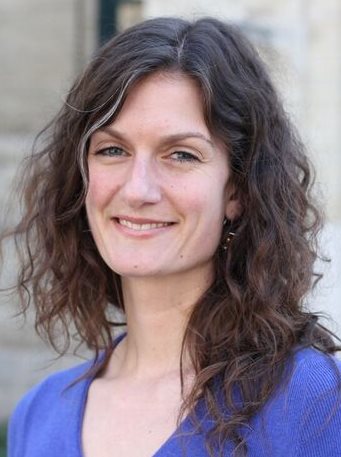
By
Madeleine Kruth, Rachel Herron, Candice Waddell, Kerstin Roger, and Johnathan A. Allan
November 2020
Print Version
What you need to know
Newcomer men in non-metropolitan Manitoba face unique challenges to their mental health. While every individual’s experience is different, this research found that newcomer men thought about mental health in terms of stressors in their lives. Four stressors were identified by newcomer men as being the most significant: (1) finding suitable employment; (2) cultural and linguistic adjustment; (3) obtaining adequate education; and (4) concern for familial safety in their country of origin.
Why this research is important
Brandon is a growing and increasingly diverse community. Located on the traditional homelands of the Dakota, Anishanabek, Cree, Oji-Cree, Dene, and Métis peoples, it is also home to many people who have arrived from other places, be it over a hundred years in the past or only very recently. Our continued efforts to understand and support newcomers’ experiences are increasingly important in an era of polarization. Our ability as Canadians to help newcomers thrive upon their arrival depends on our understanding of newcomer experiences. This research specifically investigates how newcomer men perceive and experience mental health in Brandon.
How this research was conducted
In partnership with Westman Immigration Services, the researchers conducted focus groups with four groups of men. Participants were divided by language group (Arabic, Somali, Tigrinya, and Ukrainian), and focus groups were conducted with the help of interpreters. The researchers identified recurrent themes across each of the focus group discussions by closely examining written focus group transcripts.
What the researchers found
Newcomer men understood mental health and illness in terms of stressors; these stressors included circumstances in the newcomers’ countries of origin, especially a concern for the safety of family members who remained there; and circumstances in Canada, such as finding gainful employment and cultural/linguistic adjustment.
First and foremost, newcomer men expressed wanting to be able to work. The lack of fulfilling gainful employment was the most consistently mentioned barrier to mental health across all focus groups. Newcomers also expressed that they would much prefer to work for an income rather than receive refugee stipends upon their arrival. They wanted to contribute to Canadian society in any way possible while also staying busy and learning how to support themselves and their families in their new country. While there are benefits to living in a non-metropolitan centre such as Brandon, employment opportunities are often limited, especially for those not fluent in English or whose credentials are not acknowledged by Canadian systems.
Secondly, men from countries embroiled in prolonged conflict were acutely concerned over the safety of their family members, friends, and communities that remained in harm’s way. Some participants expressed feelings of helplessness because they were unable to do anything to protect or support those they cared about. These stressors and others overlap, informing newcomer’s mental health experiences.
How this research can be used
While there may be significant difficulties in addressing some of the stressors identified by newcomer men, others can be mitigated through targeted employment and education programs. This research informs how we might best support newcomer men throughout and following settlement here in Manitoba.
Acknowledgements
This research was made possible by Joy Escalera, Lois MacDonald, and the interpreters and staff at Westman Immigration Services. It is supported by the Social Sciences and Humanities Research Council of Canada and the Canada Research Chairs Program.
About the Researchers
Keywords
- Manitoba
- masculinity
- mental health and wellness
- newcomers
- Prairies
Editor: Christiane Ramsey
Read more BU Research
Research at Brandon University follows comprehensive policies designed to safeguard ethics, to ensure academic integrity, to protect human and animal welfare and to prevent conflicts of interest.





